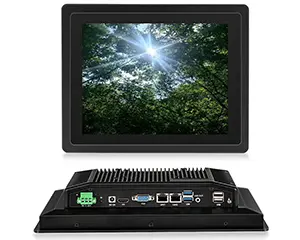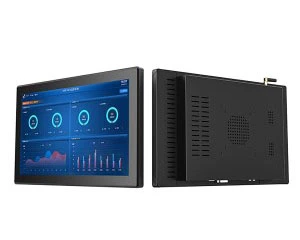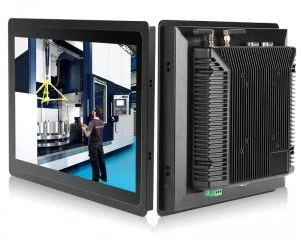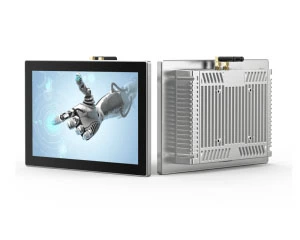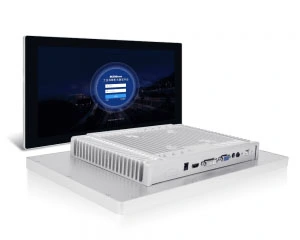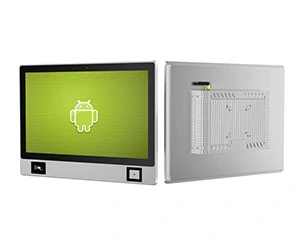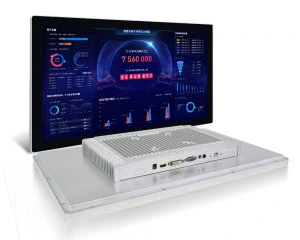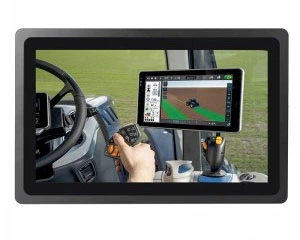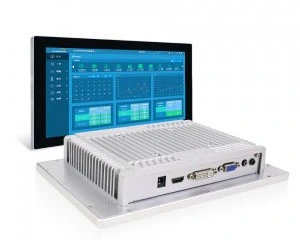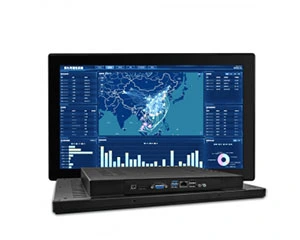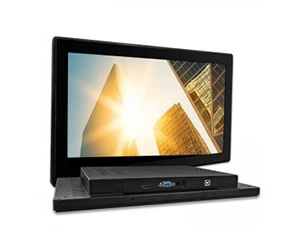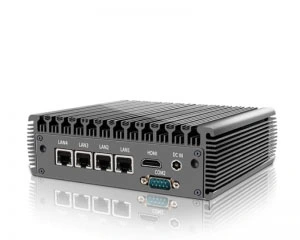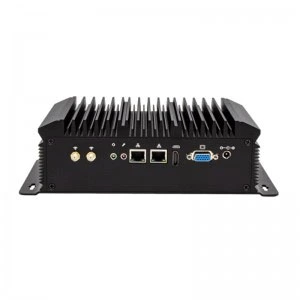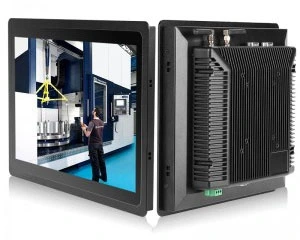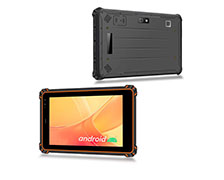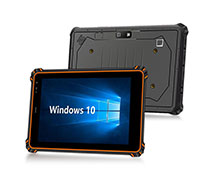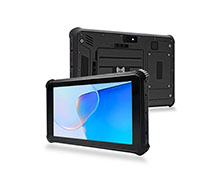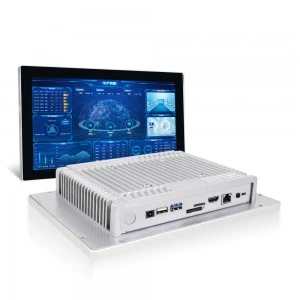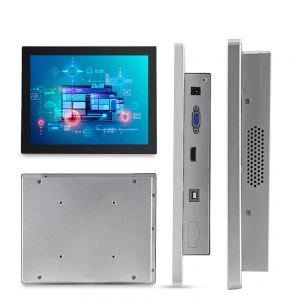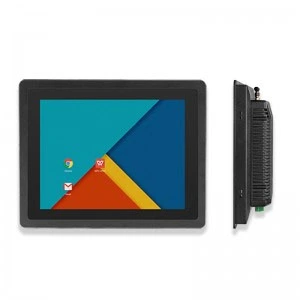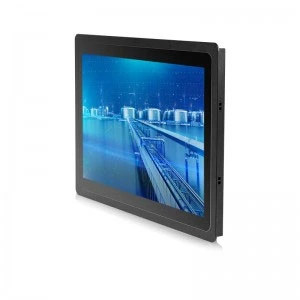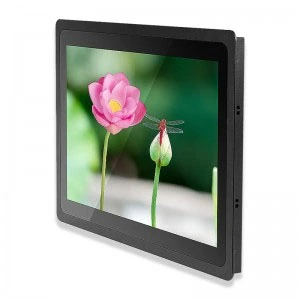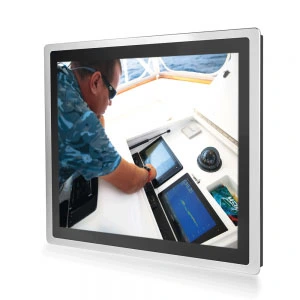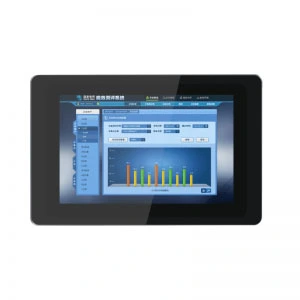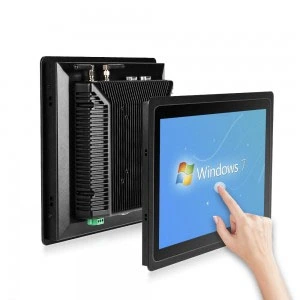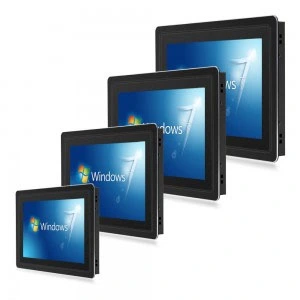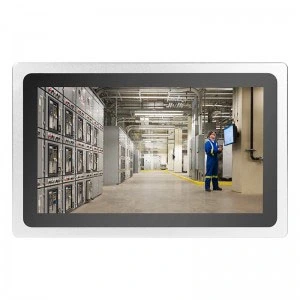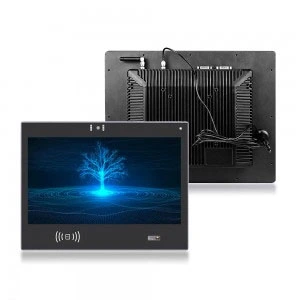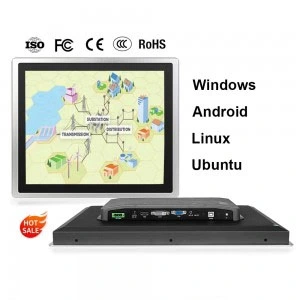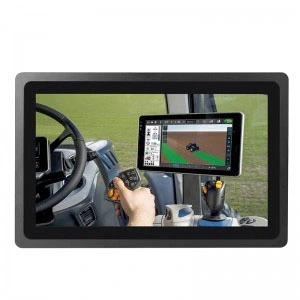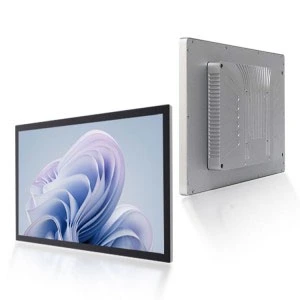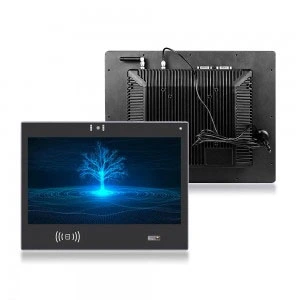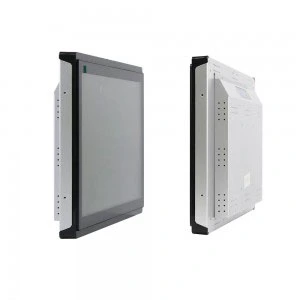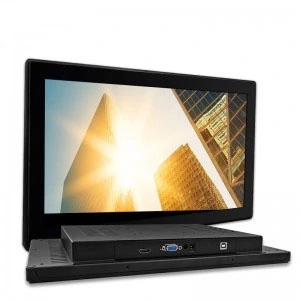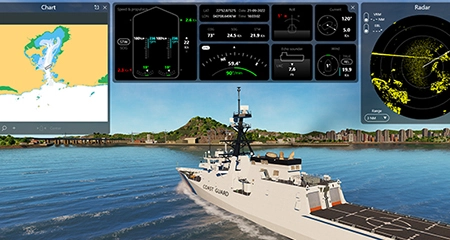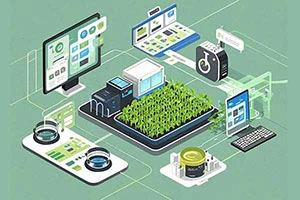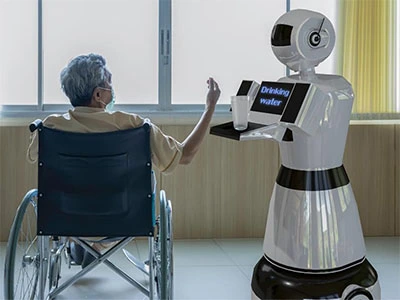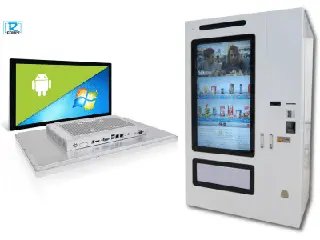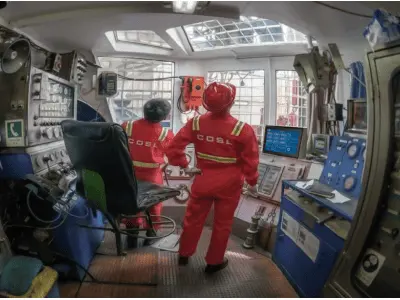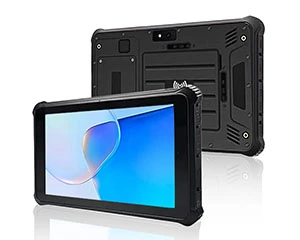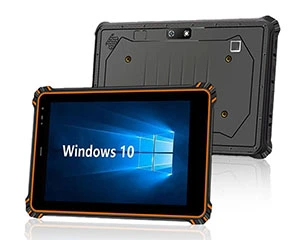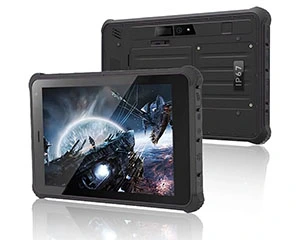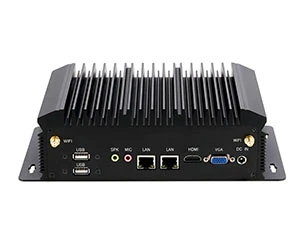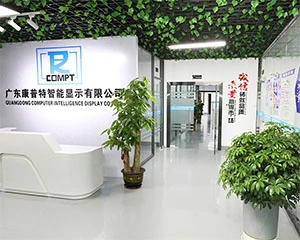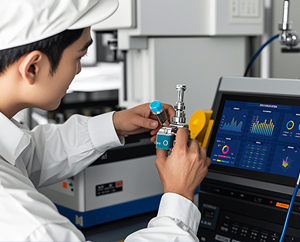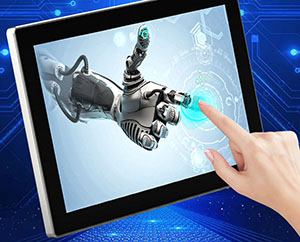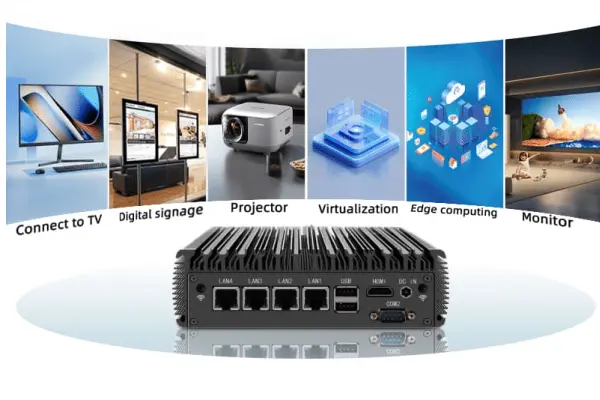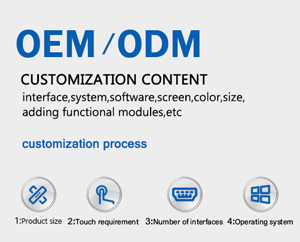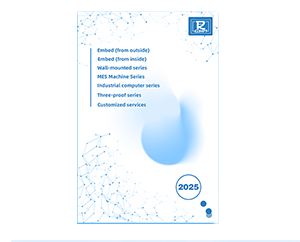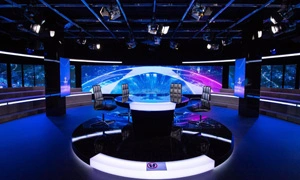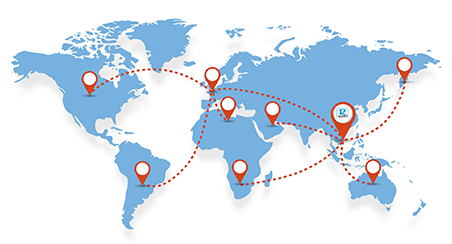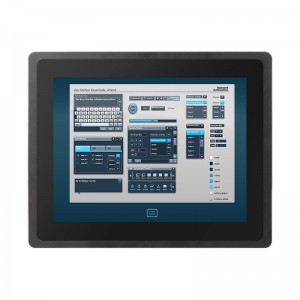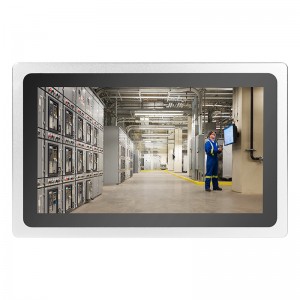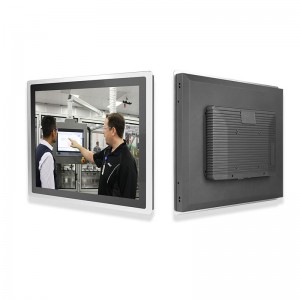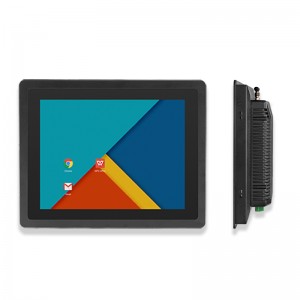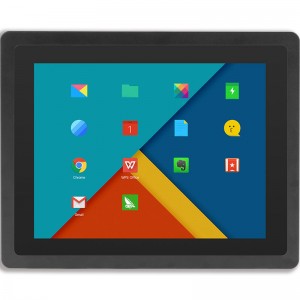Industrial computers are computer systems specifically designed and used in industrial applications. Unlike general home computers, industrial computers usually have higher reliability, stability, and durability to meet the needs of industrial applications in harsh environmental conditions. Industrial computers are commonly used in automation control, industrial monitoring and control, robot control, data acquisition and processing, instrumentation, medical equipment, transportation, energy management, and other fields. They need to have a wide operating temperature range, vibration resistance, corrosion resistance, dustproof and waterproof characteristics. In addition, industrial computers usually have special interfaces and expansion capabilities to accommodate the connection and control needs of various industrial equipment. Common types of industrial computers include industrial hosts, industrial controllers, and embedded systems. Through the use of industrial computers, the efficiency, reliability and safety of industrial automation and production processes can be improved.


Uses of industrial computers:
Industrial computers have a wide range of uses, the following are some common application areas: automation control: industrial computers are used to control and monitor a variety of production equipment and systems, such as factory production lines, robotics control systems, warehouse automation systems, and so on. Industrial monitoring and data acquisition: Industrial computers can be used for real-time monitoring and acquisition of industrial equipment and process data, such as temperature, pressure, flow and other parameters, in order to adjust and optimize industrial operations in a timely manner. Instrumentation: Industrial computers can be used to control and manage a variety of industrial instruments and instrumentation equipment, such as quality inspection equipment, laboratory instruments, test equipment, etc. Medical equipment: Industrial computers are used for equipment and systems in the medical field, such as surgical robots, ward monitoring equipment, and medical image processing. Transportation: Industrial computers can be used to control and manage transportation systems, such as traffic signal control, electronic toll collection systems, vehicle positioning and scheduling. Energy management: industrial computers can be used for energy monitoring and management, such as power system monitoring, energy consumption optimization, smart grids and so on. In short, industrial computers are widely used in the industrial field, providing more efficient, precise and reliable control and data processing capabilities for various industries.
Features of industrial computers:
Industrial computers are characterized by the following features: high reliability: industrial computers are rigorously tested and verified to have high anti-interference ability and stability, and can operate normally in harsh industrial environments. Powerful computing power: industrial computers usually use high-performance processors and high-capacity memory, able to handle large-scale data and complex computing tasks. Expandability: Industrial computers usually have multiple expansion slots and interfaces to support the connection of various external devices, such as serial port, parallel port, USB, Ethernet, etc., in order to meet the needs of various industrial applications. High protection: Industrial computers are usually designed with ruggedized enclosures that are dustproof, waterproof, and shock-resistant to adapt to harsh industrial environments. Wide temperature range: Industrial computers are able to work normally in a wide range of temperatures and can adapt to extreme conditions such as high and low temperatures. Long-term supply support: industrial computers usually have a long supply cycle and stable supply chain, and can provide long-term support and maintenance. Overall, industrial computers are more adapted to the special needs of industrial environments and have higher reliability, stability and adaptability compared to ordinary consumer computers.
Industrial Computer Advantage:
Industrial computers have the following advantages: strong durability: industrial computers are usually designed with rugged enclosures and reliable components that can resist harsh industrial environments, such as high temperature, low temperature, dust, moisture, vibration, etc., and have a long service life. Strong anti-interference ability: industrial computers have good anti-interference ability, can prevent electromagnetic radiation, voltage fluctuations and other external factors on the operation of the computer to ensure stable and reliable industrial control and data acquisition. Expandability and high compatibility: industrial computers usually have multiple expansion slots and interfaces, which can be easily connected to a variety of industrial equipment and sensors to meet the needs of industrial automation systems. At the same time, industrial computers are also compatible with a variety of operating systems and software, which is convenient for development and integration. Support for remote management and monitoring: industrial computers usually support remote management and monitoring, through the network connection, you can real-time monitoring and management of industrial equipment running status, remote maintenance and upgrading, improve work efficiency and reduce maintenance costs. High security: Industrial computers usually have strict security measures and protection features, such as data encryption, access control, user authentication, etc., to ensure the security of industrial equipment and data. Overall, industrial computers are characterized by ruggedness, stability and reliability, scalability, ease of management and high security, and are widely used in industrial automation, Internet of Things, intelligent manufacturing and other fields.

Penny
Web Content Writer
4 years of experience
This article is edited by Penny, the website content writer of COMPT, who has 4 years working experience in the industrial PCs industry and often discusses with colleagues in R&D, marketing and production departments about the professional knowledge and application of industrial controllers, and has a deep understanding of the industry and products.
Please feel free to contact me to discuss more about industrial controllers. sales@gdcompt.com

